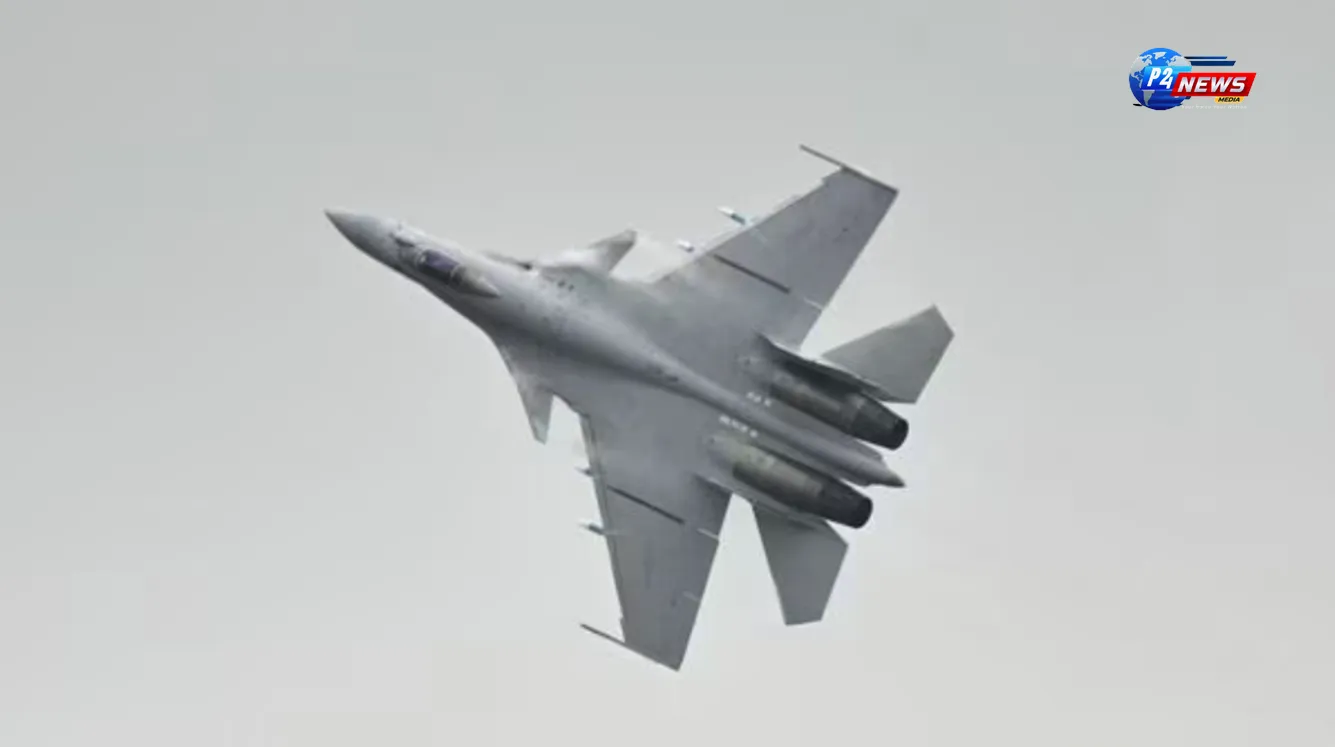Sanjay Kaushik, an Indian national, has been charged in the United States for allegedly conspiring to illegally export aviation components to Russia. He faces severe penalties if found guilty, including up to 20 years of imprisonment and substantial fines reaching $1 million for each count against him.
The United States has initiated legal proceedings against Sanjay Kaushik, an Indian citizen, for his alleged involvement in a conspiracy centered around the illegal export of aviation parts to Russia. The gravitas of these charges cannot be understated, as they come with the potential for a maximum prison sentence of up to 20 years and hefty financial penalties amounting to $1 million for each count he faces. Such severe repercussions highlight the U.S. government's stringent stance on export controls, particularly concerning items that could bolster military capacities in nations like Russia.
This case underscores the increasing scrutiny over international trade, especially in sectors like aviation where technology is closely monitored due to national security interests. As international relations continue to evolve, the implications of such actions are significant, not just for the individuals involved, but for broader diplomatic ties. Sanjay Kaushik's indictment is emblematic of the current climate where legal consequences for violations of export laws are becoming more pronounced.
Investigations reveal that Kaushik allegedly engaged in actions aimed at facilitating the transfer of aviation parts, raising alarm bells about the potential end-use of such components in military applications. The U.S. authorities are particularly vigilant about maintaining control over technologies that could be redirected to enhance military capabilities in countries classified as threats to national security.
In light of these developments, Kaushik's situation poses several questions regarding the nature of international trade agreements and the responsibilities of exporters. The boundaries of legality in global trade are often blurred, and individuals must navigate these complexities with caution to avoid severe legal liabilities. As the case unfolds, it will undoubtedly attract significant attention from legal experts and trade analysts alike, who will scrutinize both the judicial process and its wider implications.
As this high-stakes case progresses, the outcome could set precedents for how similar cases are handled in the future, further influencing export practices and international relations moving forward. The ramifications for Sanjay Kaushik are profound, and the legal battle he faces could either reaffirm or challenge existing frameworks governing the export of controlled commodities.
In conclusion, the charges against Sanjay Kaushik are a stark reminder of the stringent export regulations in place and the serious nature of violating such laws. As the legal processes unfold, all eyes will be on how the implications of this case resonate both legally and diplomatically on a global scale.
















Comments 0